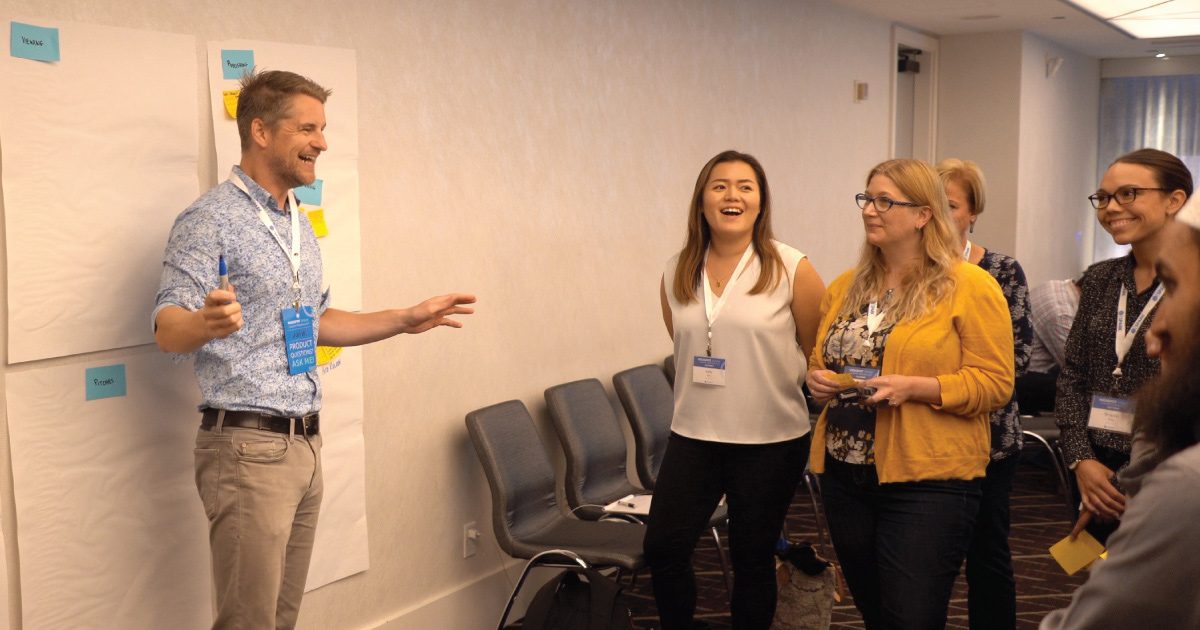As the new year quickly approaches, it’s time for sales enablement practitioners to begin to research trends and strategise for 2020. Common questions such as ‘How is sales enablement evolving?’ and ‘How do I ensure that I’m driving business impact?’ rise as enablement teams review current metrics and finalise goals.
In our quest to help enablement teams to prepare for the coming new year, we’ve teamed up with SiriusDecisions to explore the key themes in their Sales Enablement Planning Assumptions Report for 2020.
SALES ENABLEMENT GROWTH BRINGS NEW CHALLENGES
As sales enablement evolves, practitioners have to stay ahead of the curve. SiriusDecisions found that 74% of sales enablement departments are planning for an annual budget increase. How will you spend that money wisely?
In the report, SiriusDecisions synthesised the key findings to establish six planning assumptions that should drive your sales enablement strategy in 2020.
Sales Enablement Functional Design and Development
All employees who engage directly with prospects and customers can benefit from the same types of enablement effort that salespeople receive. Determining which employee groups can be similarly enabled requires insights and intelligence.
Ongoing Learning and Development
As sales enablement functions mature, organisations are beginning to understand the benefits of reimagining continuous learning as a constant component of sellers’ daily workflow, available on-demand and offered in context.
Talent Acquisition Support
Although HR manages the overall talent selection and placement process for new salespeople, enablement has the opportunity to streamline the process of hiring, setting sellers up for success by clarifying the required competencies for each selling persona.
Sales Onboarding
Sales onboarding is often delivered as a one-size-fits-all programme that doesn’t accommodate differences in experience, personality or learning style. An alternative approach to sales onboarding builds on the competency-based talent acquisition process by establishing more personalised learning.
Sales Asset Management
On average, B2B buyers consume at least 17 pieces of content during the sales process. With the use of sales asset management technology, enablement teams can now directly correlate content engagement with deal outcomes. This allows enablement to better equip sellers with useful content that helps to move deals forwards.
Sales Communications
Sales enablement teams interlock with many functions, such as marketing and senior leadership. This puts them in a prime position to take the lead on minimising the time salespeople spend processing internally generated information and maximising their capacity to sell. Without the management of internal communications, sellers are forced to spend valuable time on non-selling related activities.
Identifying key focus areas as you plan for 2020 is only the beginning – now it’s time to learn how to implement and execute.
Join Highspot’s VP of Global Marketing Jake Braly and SiriusDecisions’ Senior Research Director Peter Ostrow this Wednesday, 30 October at 10 a.m. PST/6 p.m. BST to learn how best to put these findings into action every day.
In this webinar, we’ll explore:
- Best practices for sales asset management
- Talent management and communications at leading companies
- Trends that are re-shaping the enablement function
To learn how to take action for improved business impact in 2020, watch the webinar.




